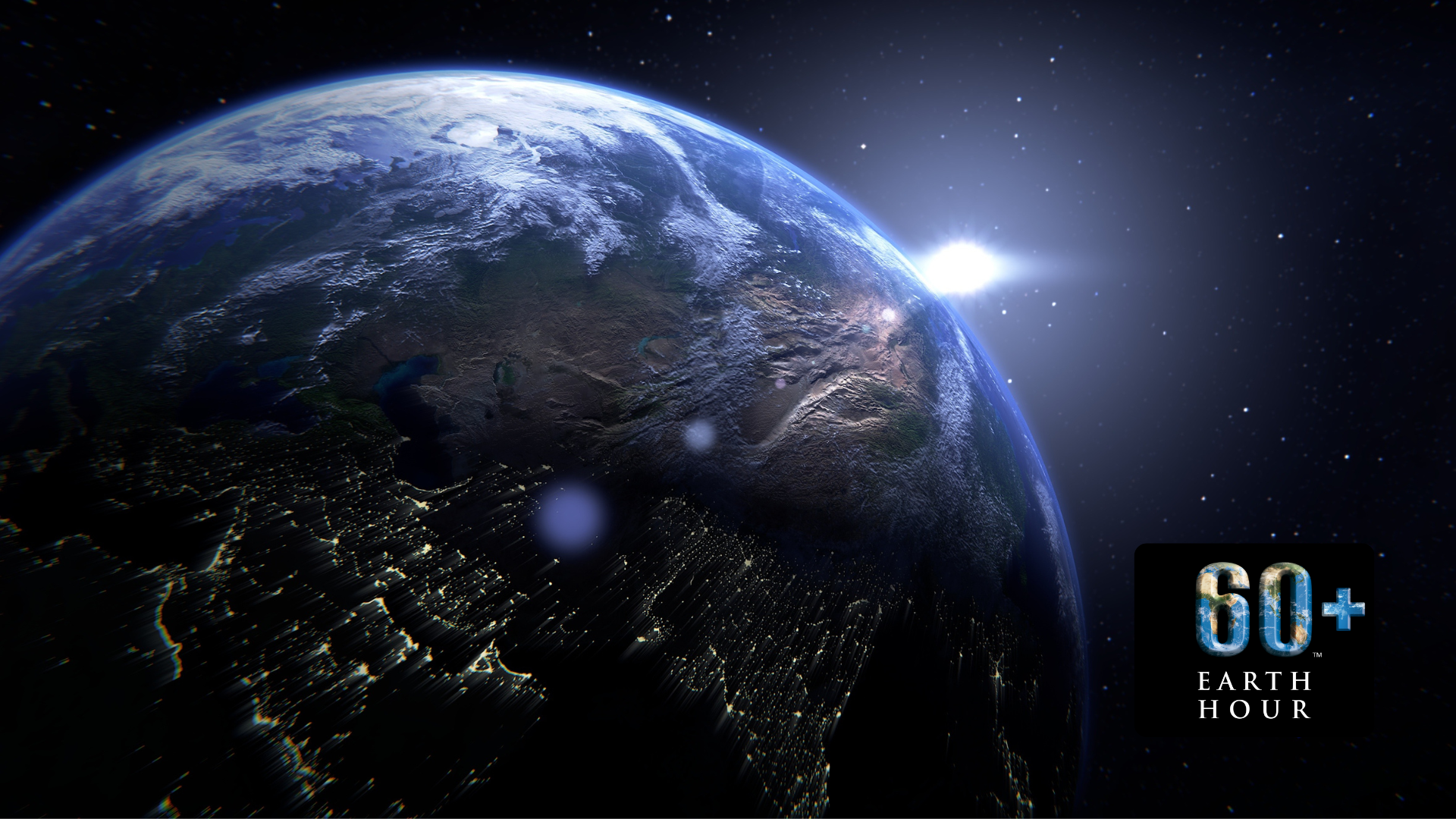Climate Change and its impacts on the ecosystem

Climate change is real and you're thinking: why should I care?
Well, this is no longer about being selfish to the next generation, because, with the acceleration that global warming is taking, climate change will very quickly affect all our lives.
What is Climate Change
Climate change is the natural process where water cycles, winds, temperature and more elements rise and fall. Over the years, our planet has been exponentially warming rapidly due to human activities. By far, the burning of fossil fuels has generated the majority of greenhouse gas emissions that act like a blanket that traps the sun's heat and raises the temperature on earth.
Carbon dioxide and methane are some examples of gases that cause climate change. Their biggest sources are the burning of fossil fuels, for example: driving cars and coal for electricity. They also come from things like clearing of lands, forests and landfills. These industries; Energy, agriculture and waste disposals are some of our major emitters.
As of current, our greenhouse gas concentration is at its highest and will continue to rise rapidly. You may think; "so what? it's just warmer weather." However, the earth is an interconnected system of balance, where changes in one area can very easily cause a chain reaction in so many others. The reality is that climate change is already happening around us; unpredictable weather, animals going into extinction and increasingly damaging natural disasters are all linked to climate change.
Causes
Climate change both drives and results from hunger. By using our natural resources like water, land and energy unsustainably, the agriculture industry contributes heavily to rising temperatures, which affects the number of resources we have to produce food. There is an increase in the number of people in the world facing hunger. From 2019 to 2020, 161 million more people face hunger(811 million in 2020).
Processes to produce, package and distribute food generates a good third of the greenhouse gases, which has caused a significant 80% loss in biodiversity. This will continue increasing given the rising demand, higher income and dietary changes if there is no intervention. Food processes account for 30% of the energy the world uses, of which the majority is produced by burning fossil fuels.
17% of all food created is not consumed and becomes waste, contributing to 10% of our greenhouse gas emissions.
Impacts
As global warming continues, our planet will increasingly experience a shift in the drivers of climatic impact. Each region will face a myriad of issues. Ice sheets will collapse and polar ice will melt, causing sudden changes to ocean circulation and warming beyond control. Intense drought, water scarcity, rising sea levels and flooding. Severe wildfires, catastrophic storms and declining biodiversity. Because all of us are connected to the earth's system, we too will experience climate change in a diversity of ways.
Our health, ability to grow food, safety, work and housing will all be affected. Some people are less fortunate, living in vulnerable areas of earth that attract more natural disasters both big and small. Things like rising sea levels, change in salinity and acidity have majorly impacted small island communities and have forced them to relocate. These "climate refugees" are predicted to rise in number as our climate continues its turn for the worse.
What can I do?
Climate change is a huge and challenging issue, but there are many solutions. There are three broad categories of action: cut emissions, adapt to climate impacts and finance required adjustments.
Though many of these things are out of our direct control, there are also steps we as individuals can take to help. After all, individual demands can work as a whole to bring about change. Project Drawdown estimates that, as individuals, we can drive 25-30% of the global emission reductions needed to avoid the worst of climate change. Alone, our steps may seem small, but when we come together, how we choose to live has the power to influence leaders and drive change on a global scale.
Here are 16 steps (Count Us In NGO, Project Drawdown, 2022). Pick a step at a time that works for you and your commitment level, challenge yourself to keep it up, then add steps as you go.
- Talk to friends - Start a conversation about climate change & steps to take.
- Spark Ideas at work - Inspire your organization to make changes that matter.
- Eat more Veggies - Replace meat with healthy plant-based food.
- Cut food waste - Buy what you need and use what you buy.
- Get around greener - Share a ride with others or travel by bike or foot instead.
- Be kind to your mind - Check the impact of climate change on your mental health.
- Make your money count - Choose responsible financial institutions & funds.
- Save with LED Lights - Upgrade to energy-efficient LED light bulbs.
- Insulate your home - Upgrade your home's insulation. Yes, even in hot countries.
- Drive electric or hybrid - Make your next car an electric or hybrid vehicle.
- Reduce and Recycle - Avoid single-use plastic and recycle right.
- Drive electric or hybrid - Make your next car an electric or hybrid vehicle.
- Heat or cool smarter - Get a smart thermostat or a heat pump.
- Use sun power - Use solar to power your home or heat your water.
- Switch to clean energy - Upgrade your home to a green energy plan.
- Keep politicians accountable - Call on leaders to do more to speed up global change.
Sources:
United Nations, Climate Action, 2020 [Online] Available at: https://www.un.org/en/climatechange/science/key-findings#physical-science [Accessed 6/1/2022]
Count Us In, Don't look up climate platform, 2021 [Online] Available at: https://dontlookup.count-us-in.com [Acessed 6/1/2022]


